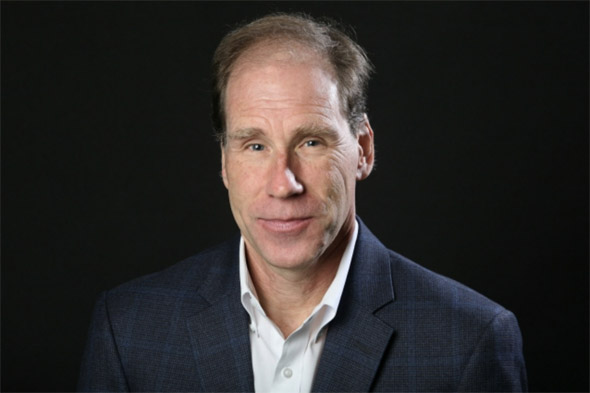Gulf Stream series wins Knight Science Journalism Program’s Inaugural Victor K. McElheny Award
Award honoring local and regional science journalism will go to a reporting team from the Charleston Post and Courier.

“The local newspaper and radio station are where many people get the news that matters to them the most, and sadly, a lot of good science reporting at these outlets goes unnoticed. So it was really encouraging to see the quality, breadth, and depth of science coverage in this year’s entries — and to see that these stories are having real impacts in their communities.”
— Deborah Blum, direcotr of the Knight Science Journalism Program
The Knight Science Journalism Program at MIT has announced that the inaugural Victor K. McElheny Award for local and regional science journalism will go to a team of reporters from the Charleston Post and Courier, for an investigative series that shed light on a little-known impact of climate change and an overlooked risk of offshore drilling in the eastern U.S.
The series featured a captivating piece by Tony Bartelme that took readers “into” the Gulf Stream, the powerful system of currents that carries warm tropical water up the U.S. East Coast to the Arctic. Weaving the story of a 1969 submarine expedition with the more recent story of an unexpected Gulf Stream slowdown, Bartelme expertly conveyed both the current’s might and its fragility in the face of climate change. In a data-driven companion piece, Bartelme and Emory Parker used more than 1,000 simulations to paint a startling picture of how the Gulf Stream could complicate efforts to contain spills from offshore drilling operations — a salient concern now that some lawmakers are pushing to open the East Coast to drilling. And in a mark of the team’s innovative approach to audience engagement, the series included an adult coloring book: “30 Days in the Gulf Stream,” designed by Bartelme and Chad Dunbar.
“It was really well done and creative — an unexpected story told with great storytelling technique,” remarked a member of the judging panel. “The topic was fresh, and it had real impact.” National environmental groups described the team’s work as “stunning,” and the series helped energize the drilling debate ahead of South Carolina’s 2018 elections.
More SHASS stories about the Health of the Planet
Suggested links